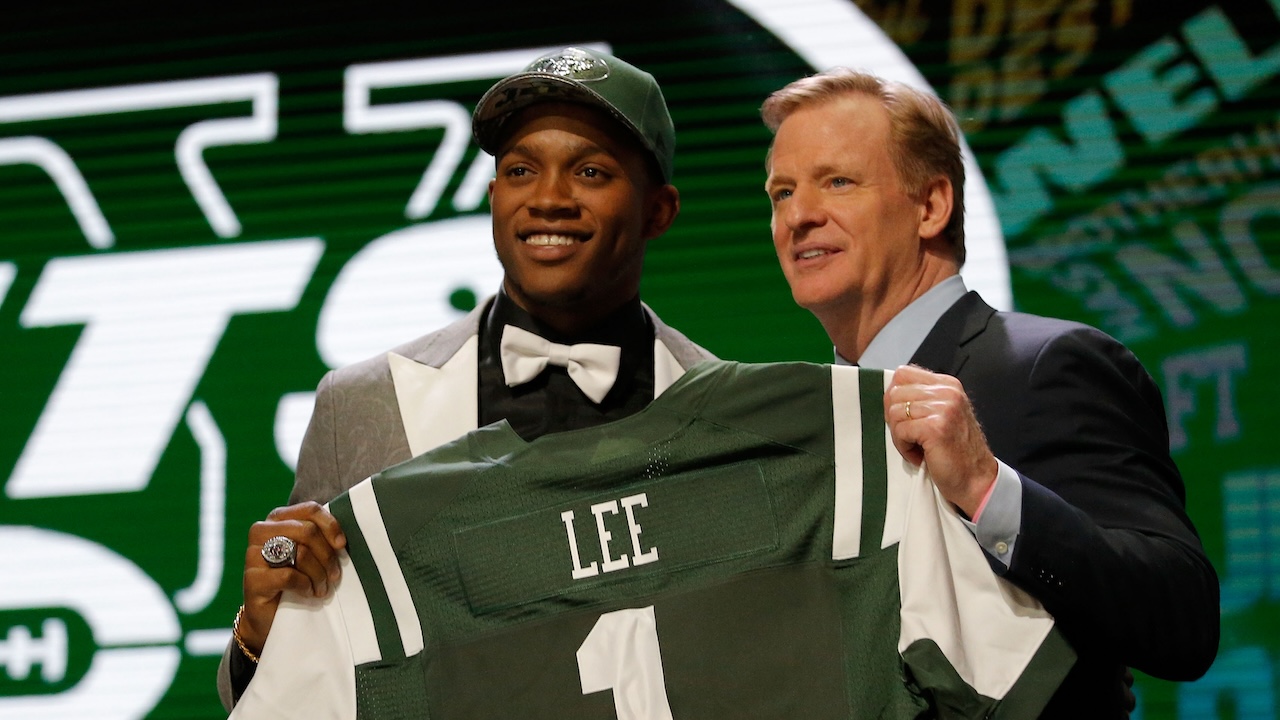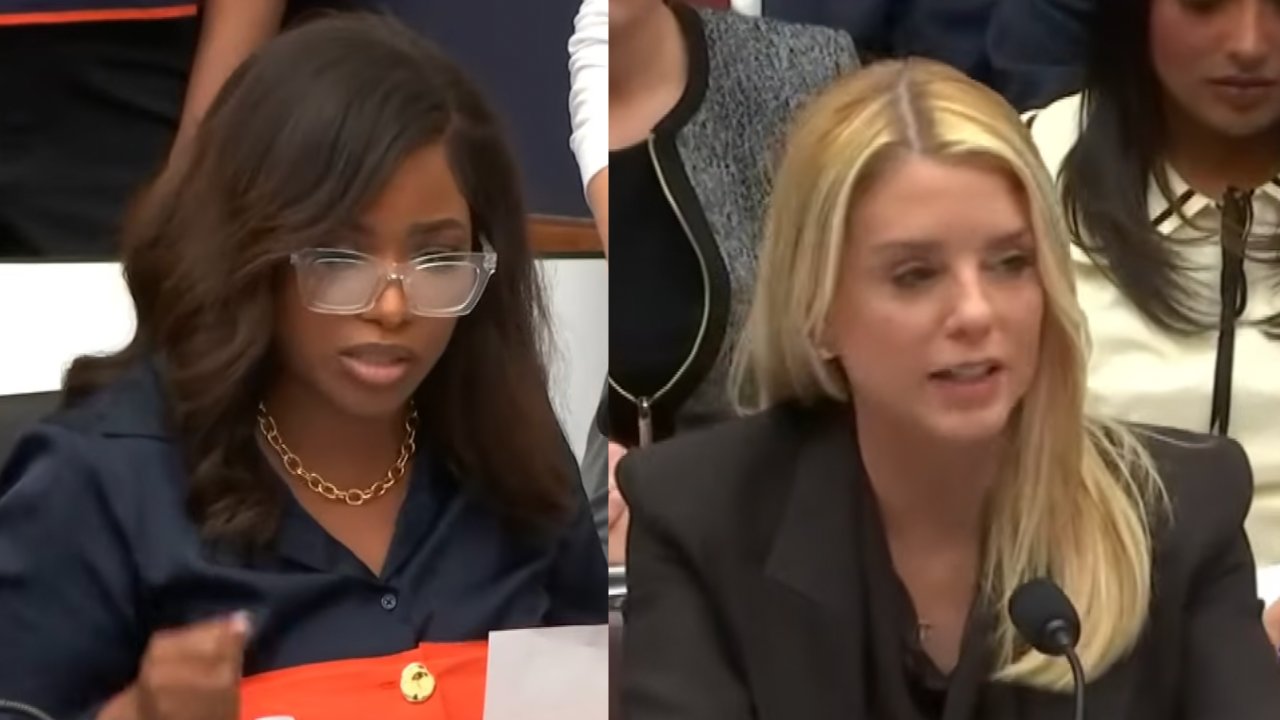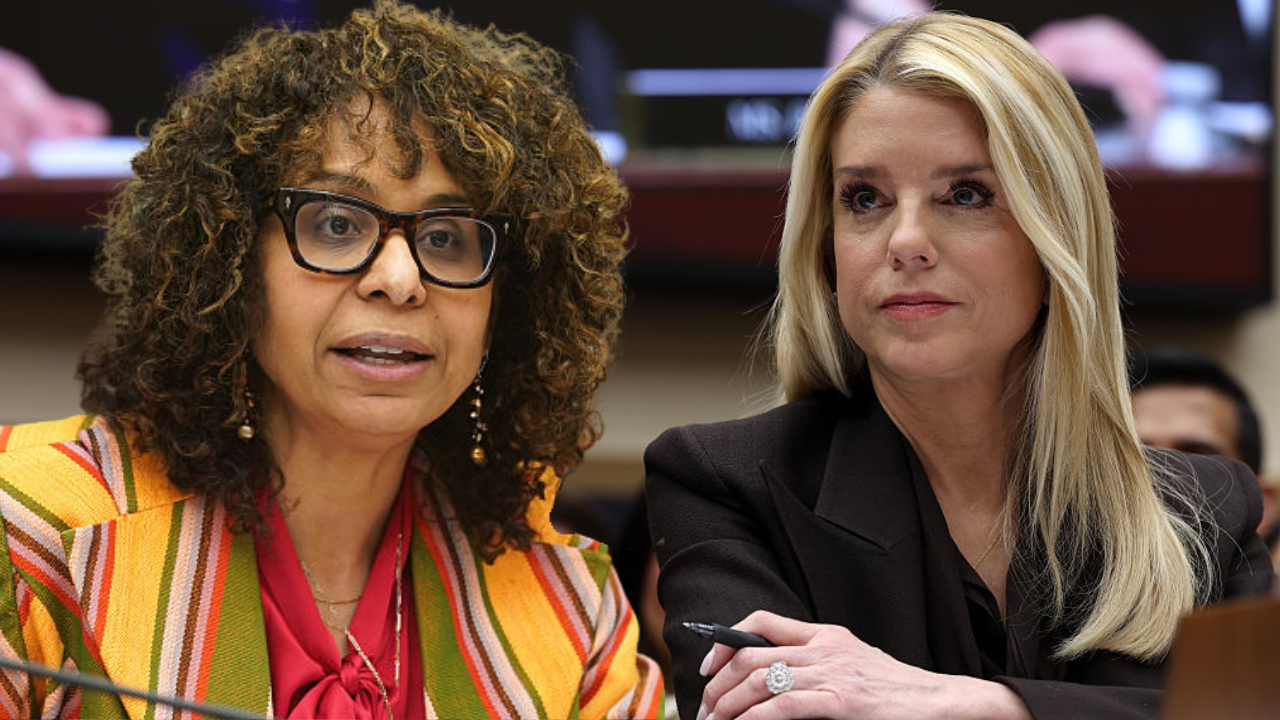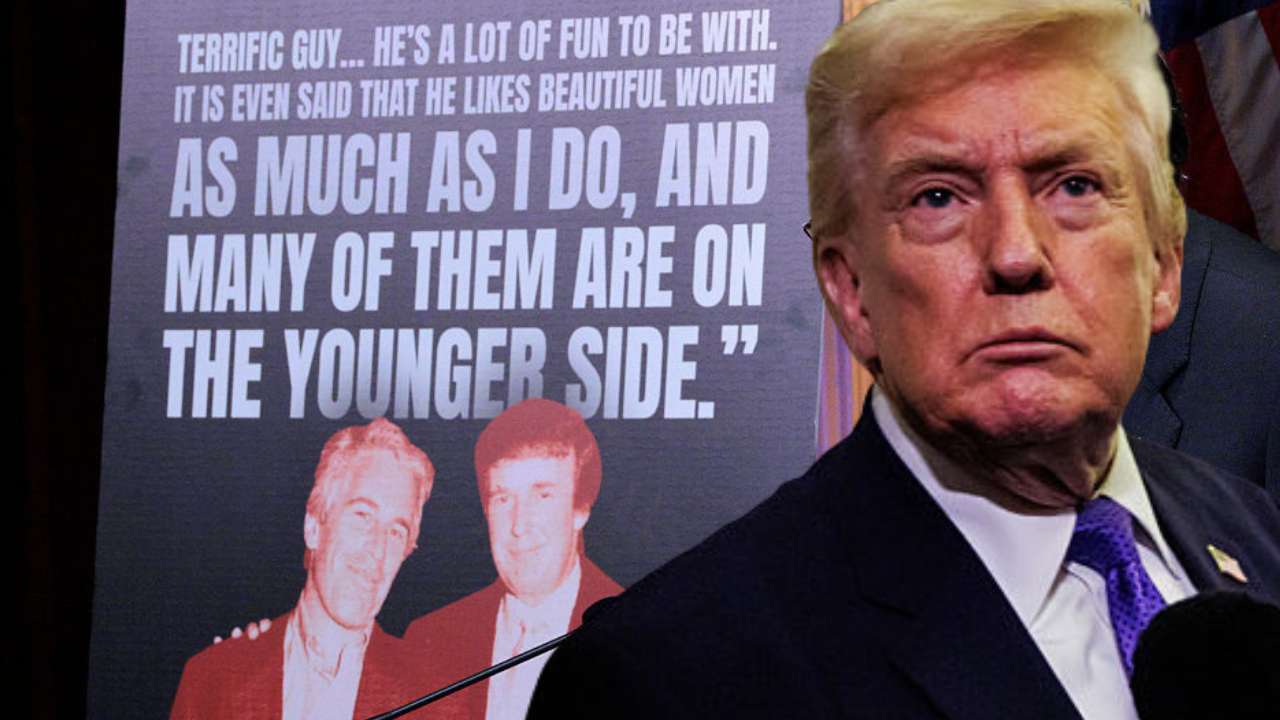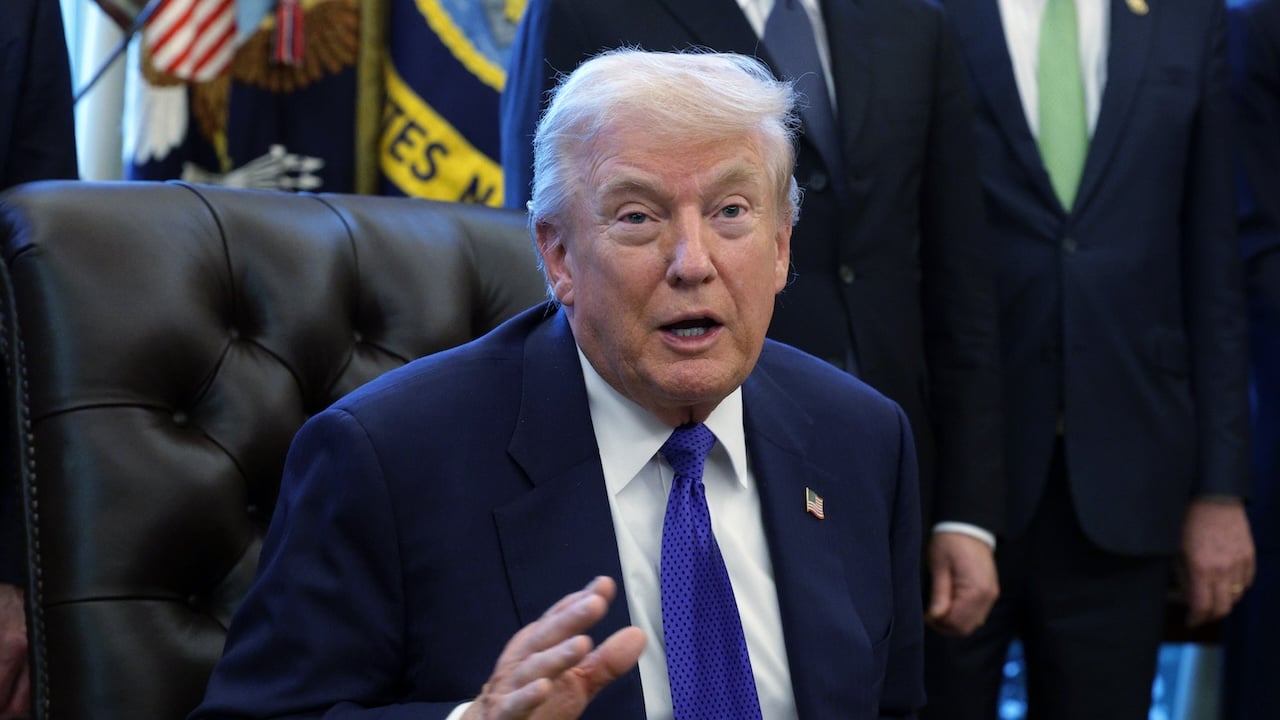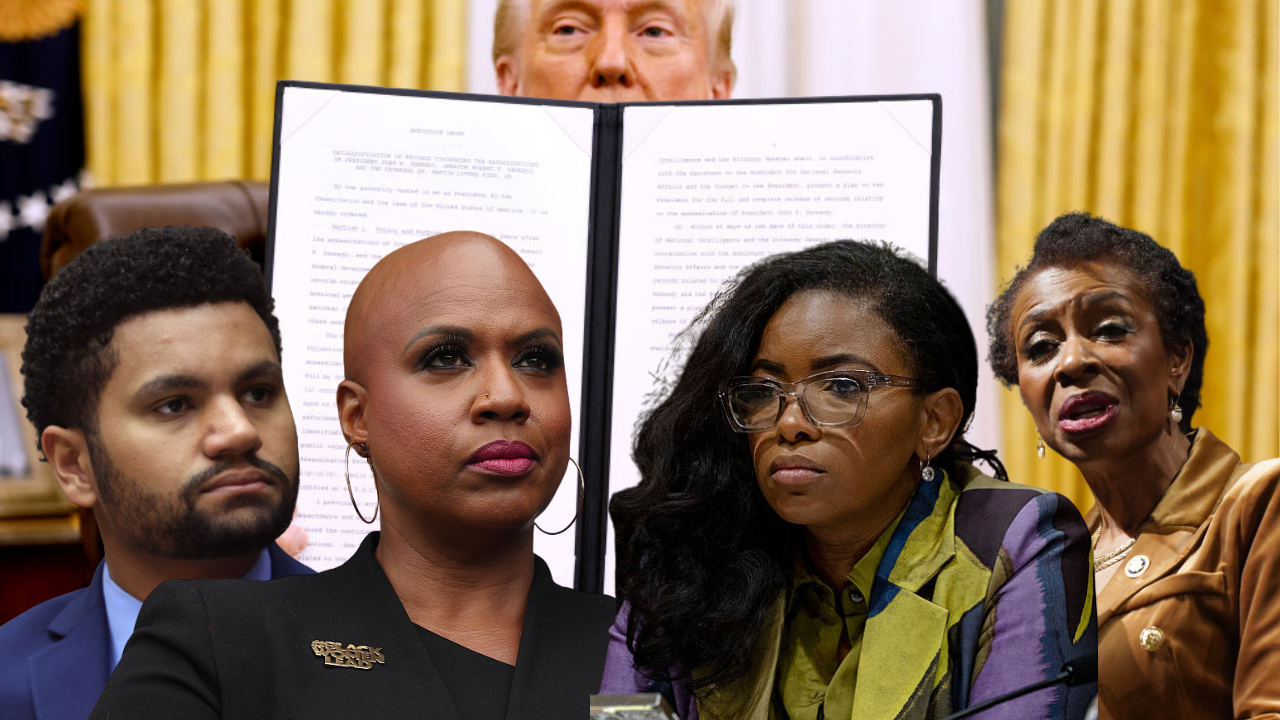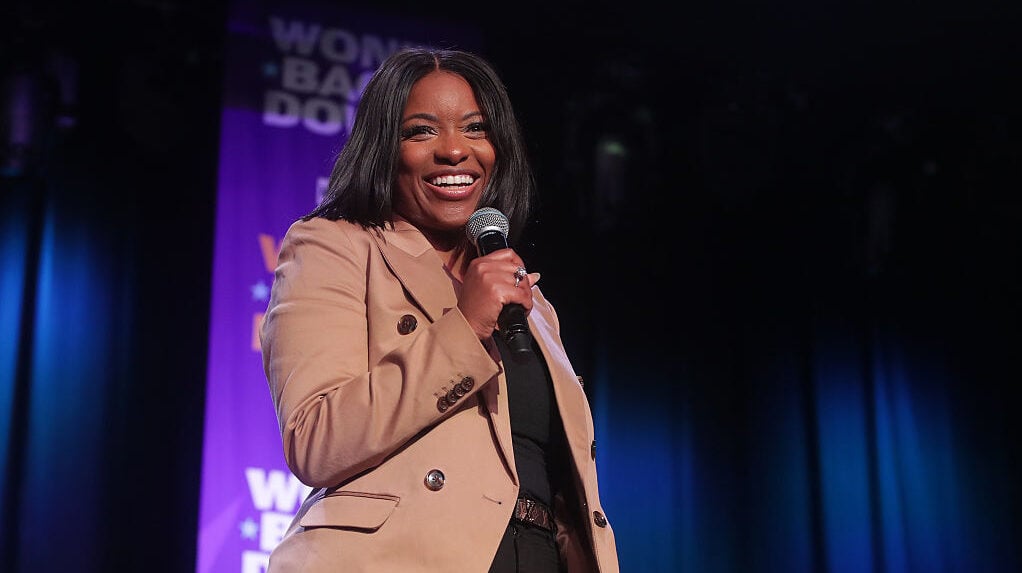Trump’s executive order on homelessness, which disproportionately impacts Black Americans, slammed as ‘cruel and inhumane’
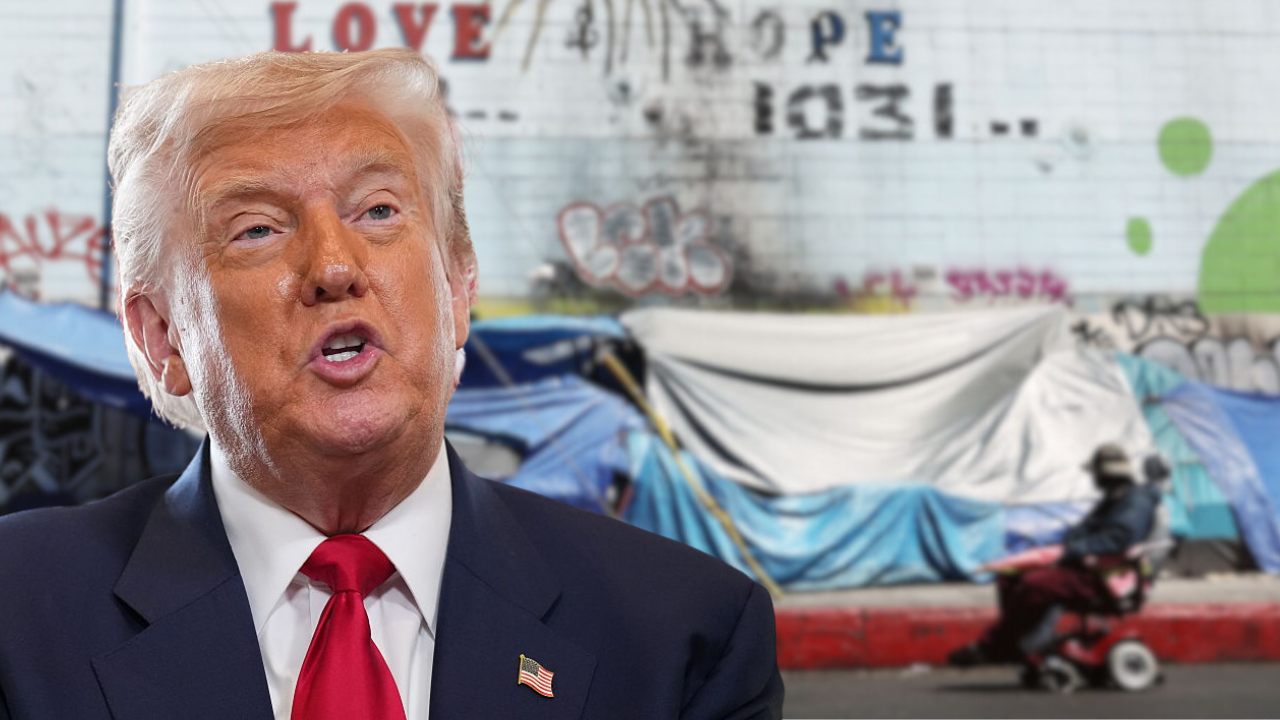
“People need homes, not handcuffs; health care, not institutionalization; and above all, compassion, not criminality,” said Congresswoman Maxine Waters.
Advocates and elected officials are slamming President Donald Trump‘s executive order cracking down on homelessness. Under the guise of protecting “citizens vulnerable to public safety threats,” the “Ending Crime and Disorder on America’s Streets” order enforces involuntary civil commitment for individuals living on the streets.
The order calls for unhoused people suffering from mental illness or addiction to be admitted into mental health institutions or drug treatment centers without their consent.
“Forcibly removing people from the streets and institutionalizing them is not just cruel and inhumane, but also blatantly ineffective,” said U.S. Rep. Maxine Waters, D-Calif., the top Democrat on the U.S. House Financial Services Committee.
Waters is among a chorus of voices who say Trump’s order “undermines evidence-based solutions” to addressing the nation’s homelessness crisis like the housing-first model that has been used since 1990s. Instead, the president is taking a law enforcement approach, which critics say plays into a model of criminalization that they say has consistently proven to be unsuccessful.
Housing first initiatives focus on providing permanent housing to those living on the streets and then offering them mental health or addiction treatment. President Trump argues in his order that the approach has failed.
“The Federal Government and the States have spent tens of billions of dollars on failed programs that address homelessness but not its root causes, leaving other citizens vulnerable to public safety threats,” reads the executive order.
Scott Turner, U.S. Secretary of Housing and Urban Development (HUD), the only Black American who serves in Trump’s cabinet, argues that Trump’s order prioritizes both public safety and support for unhoused Americans. He also slammed the Biden administration for their “failed” approach to curbing the homelessness crisis.
“As a result we saw the largest number of individuals living on the streets ever recorded,” Turner said in a statement. “Having a heart for our homeless brothers and sisters does not mean indefinitely subsidizing housing without accountability and proper requirements for treatment, recovery, and pathways for self-sufficiency.”
Secretary Turner added, “Having a heart for our homeless brothers and sisters means helping them get back on their feet through a holistic approach so that the tough times will be temporary, and our streets and communities will be safer.”
But critics of the Trump administration argue that a lack of affordable housing is why homelessness rates continue to rise and that a housing first approach keeps people off the streets.
Alyia Gaskins, the mayor of Alexandria, Virginia, which is right outside of Washington, D.C., said Trump’s order requires states and cities like hers to “demonstrate aggressive enforcement.”
“It encourages the expanded use of law enforcement, all at a time when we know that the criminalization of homelessness doesn’t work,” Gaskins, former housing advocate, told NPR.
Gaskins, who is Alexandria’s first Black female mayor, explained that experts know that in many cases, “when you force people into treatment — especially against their will — it creates situations that are not sustainable.”
She continued, “Oftentimes they try to remove themselves from that treatment, or as soon as they finish those programs, they’re then right back out on the street.”
Gaskins said a housing first model focuses on “getting people the stability they need so that treatment and other interventions actually work.” She added, “They do so in a way where we put people first and they have trust in the process and can build the relationship they need in order to sustain that care and support.”
The homelessness population is disproportionately comprised of Black Americans–nearly 40%–despite only making up 13% the U.S. population, according to Census data.That disproportionate share is true for Hispanics, Native and Native Hawaiian Americans. However, it most acute among Black Americans.
“Deliberately racist and discriminatory economic, housing, and criminal legal system policies have led to increases in homelessness and housing and economic insecurity among communities of color, particularly Black communities,” according to a study published by the National Homelessness Law Center.
The advocacy group offers three solutions to eliminating the racial disparities associated with housing insecurity: Divesting from law enforcement and investing in services that protect the community, including housing, health care, and education; investing in Black communities and other communities of color; and reducing conviction-related barriers to housing and employment.”
Congresswoman Waters warned that Trump’s latest executive order, in addition to his overall policy agenda, will only exacerbate the homelessness crisis–not improve it.
“At a time when more than 771,000 people are sleeping on the streets on any given night, this latest move — paired with Trump and Republicans’ latest action to cut funding for crucial housing and basic needs programs — will only worsen an already devastating crisis,” said Waters. “We must abandon inhumane and expensive approaches to homelessness that only worsen the problem and rob us of hope for a brighter future. People need homes, not handcuffs; health care, not institutionalization; and above all, compassion, not criminality.”
What's Your Reaction?
 Like
0
Like
0
 Dislike
0
Dislike
0
 Love
0
Love
0
 Funny
0
Funny
0
 Angry
0
Angry
0
 Sad
0
Sad
0
 Wow
0
Wow
0




